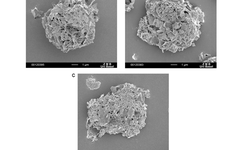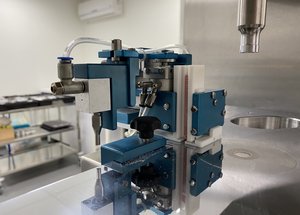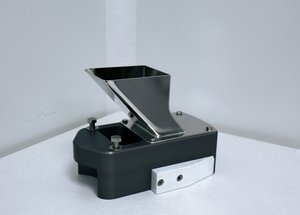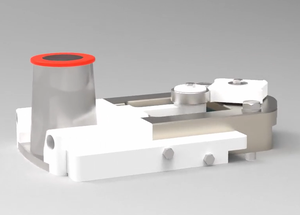Scientific papers
Tableting is a crucial process in pharmaceutical manufacturing that directly impacts product quality. Maintaining consistent quality from the research and development phase to full-scale production is essential during scale-up.
In this study, we explored methods to assess time-dependent deformation behavior using four excipients with different compression characteristics. Dicalcium phosphate dihydrate (DCPD) demonstrated no viscoelasticity, whereas lactose monohydrate (LAC), cornstarch (CS), and microcrystalline cellulose (MCC) exhibited both viscoelastic and viscoplastic properties, with varying degrees of viscosity.
Beyond analyzing strain rate sensitivity (SRS), we conducted mechanical energy evaluations using the area under the force–displacement curve and stress relaxation tests. A trapezoidal waveform was applied with punch speeds of 0.5 and 100 mm/s and a dwell time of 4.5 seconds. The SRS value for DCPD was close to one, indicating minimal speed dependence, while the SRS increased in the order of LAC < MCC < CS—consistent with previous findings using a saw-tooth waveform.
Among the measured mechanical energies, the ratio of plastic flow energy to total plastic energy, which varies with dwell time, followed a similar trend to SRS for all materials except DCPD. Our findings suggest that axial stress relaxation is influenced by machine deformation, while radial stress relaxation offers insights into the material's viscous behavior. Under the test conditions, the effects of punch displacement and compression pressure on mechanical energy and stress relaxation were more significant than those of SRS.
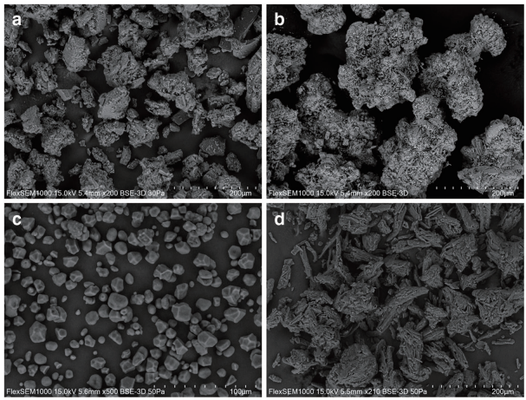
Comments
No comments posted yet.
Add a comment


